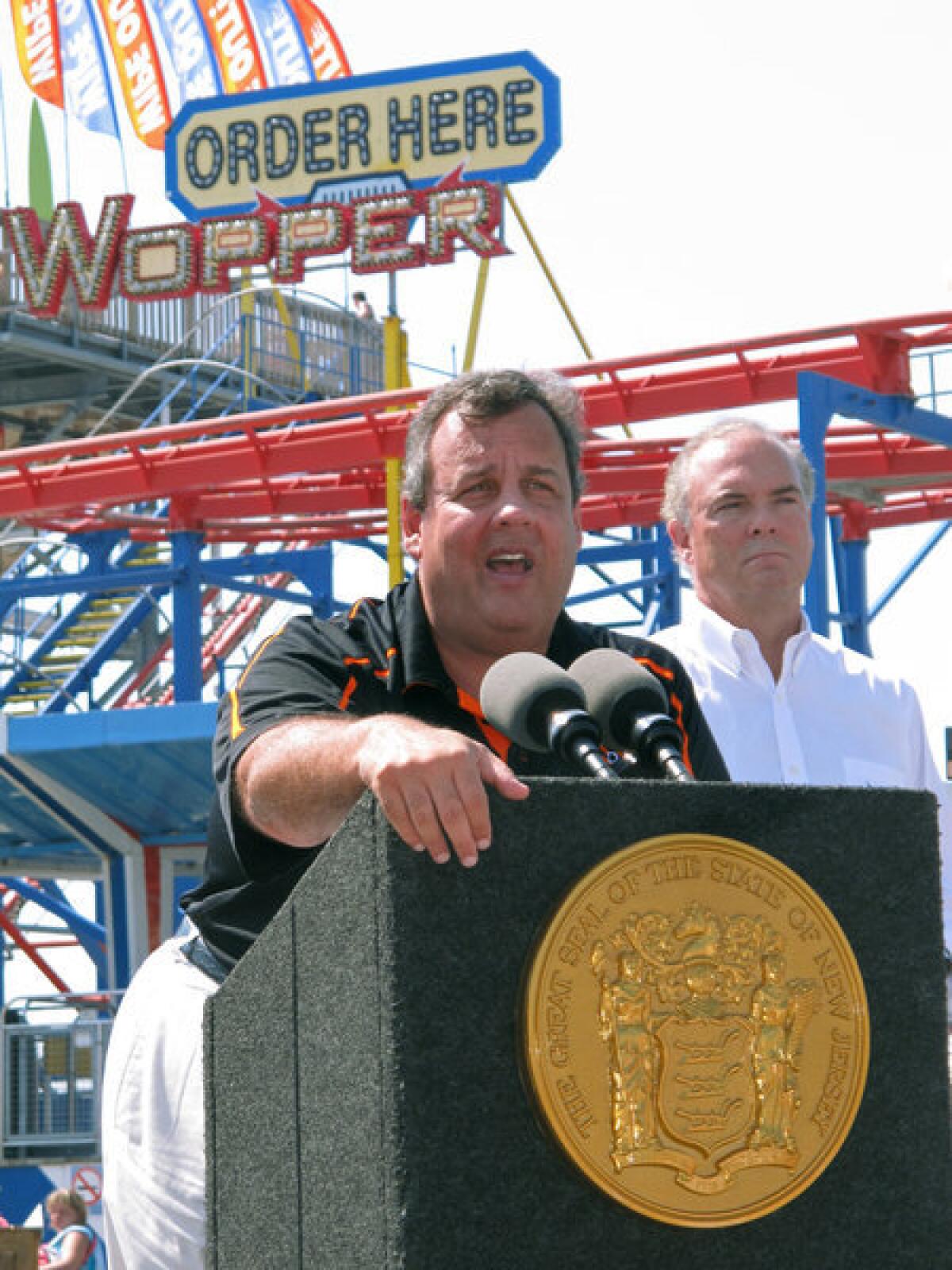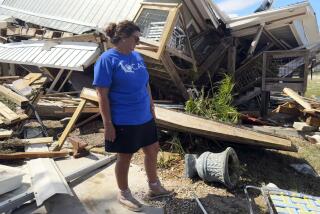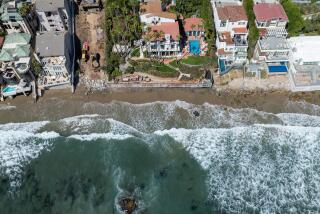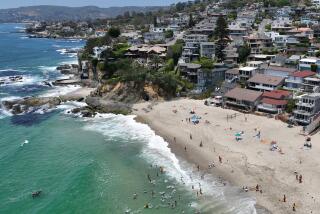Christie touts post-Sandy recovery, but Jersey shore tourism drops

Most Americans know Seaside Heights as the town made famous by Snooki and her ilk in MTVâs reality series âJersey Shore.â
Mike Loundy simply knows the resort town as home. His grandfather came to Seaside Heights in 1932. The family never left, and Loundyâs two daughters, he proudly notes, are fourth-generation residents.
The town Loundy calls home was among the many devastated when Hurricane Sandy roared up the eastern seaboard last October. Rain, wind and surging tides tossed a roller coaster from Seaside Heightsâ boardwalk into the Atlantic Ocean before pummeling homes and businesses.
âWe took a direct hit,â said Loundy, who owns more than a dozen properties in town and runs a real estate brokerage. His office had â3 feet of muckâ and his house was submerged in 5 feet of water, Loundy said. He was out of his home for more than two months.
But as the director of community improvements for the Borough of Seaside Heights, Loundy also witnessed the effort to rebuild: the boardwalk was fully restored; power and telephone poles were replaced; and the water and sewer lines were repaired.
âWe feel weâve done approximately two yearsâ worth of work in terms of rebuilding our infrastructure ⌠in 10 months,â Loundy said.
There was good reason to rush. Tourism revenue accounts for 65% of Seaside Heightsâ municipal budget, Loundy said. In New Jersey, tourism is a nearly $40-billion industry â and more than two-thirds of it stems from towns along the stateâs 127 miles of beaches.
This Labor Day weekend marks the end of the first summer after Sandy devastated the Garden Stateâs coastal communities.
In what many dubbed a âshore tour,â Republican Gov. Chris Christie seized the opportunity last week to visit beach towns, where he touted recovery achievements since Sandy hit.
The governor spent considerable time deflecting criticism for a taxpayer-funded $25-million ad campaign that flooded local TV stations and featured Christie and his family promoting the stateâs beaches with the slogan, âWeâre stronger than the storm.â
Christie, who is up for reelection in November, dismissed such criticism and focused on the storm recovery effort.
âThereâs still lots of people around this country ⌠who didnât believe weâd be ready for the summer,â Christie told a crowd in Sea Bright on Wednesday.
âThe great news is â and I could tell this when I was flying up here today, we flew up the coastline â Iâve never seen the water in New Jersey look cleaner or better than it looks this summer,â Christie said Thursday in Point Pleasant. âAnd itâs just great to see.â
But the governorâs rhetoric wasnât all triumphant: Thousands are still not back in their homes, Christie said. He blamed federal agencies, saying heâs âincredibly frustratedâ by the National Flood Insurance Program. He called the Small Business Administration âa disasterâ worthy of intervention by the Federal Emergency Management Agency.
The delays in recovery translate to hard times for local businesses and lower revenues for state and local coffers.
With communities still recovering, tourism revenues are down by as much as 40%, Christie said, citing anecdotal evidence from business owners and residents.
Loundyâs experience aligns with Christieâs figures. Rentals are off by 30% to 40%, and home sales are down by an even wider margin, Loundy said.
Beach tags â the daily or seasonal passes purchased for beach access â are another indicator of the tourism industryâs health. The Asbury Park Press reported that beaches in central and northern New Jersey â which bore more of Sandyâs brunt than South Jersey shores â are seeing declines averaging 16%.
Some beach communities are seeing a decrease of of more than 80% in beach tag sales.
To be fair, rainfall might have kept tourism figures down regardless of Sandyâs aftermath. June was the wettest ever for the state, and July also saw above-average rainfall, according to figures from the New Jersey state climatologist.
And just as Sandy spared some towns while wreaking havoc in others, some New Jersey beach towns are seeing record numbers of visitors. Long Branch, about 30 miles north of Seaside Heights, is on track for one of its best summers, Christie said.
Loundy said he hopes Seaside Heightsâ recovery stays on track, including the rebuilding of the shore dunes and reconstruction of the beach by the Army Corps of Engineers. And although he called this summerâs sluggish business difficult, heâs optimistic.
âItâs not about what weâre off,â Loundy said. âItâs about what weâre able to get.â
ALSO:
Driving is down, and itâs not just the economy, study finds
New Jersey court: Texting with a driver can get you in trouble too
Slain WWII vet Delbert âShortyâ Belton buried with military honors
Twitter: @MattHjourno
More to Read
Sign up for Essential California
The most important California stories and recommendations in your inbox every morning.
You may occasionally receive promotional content from the Los Angeles Times.











